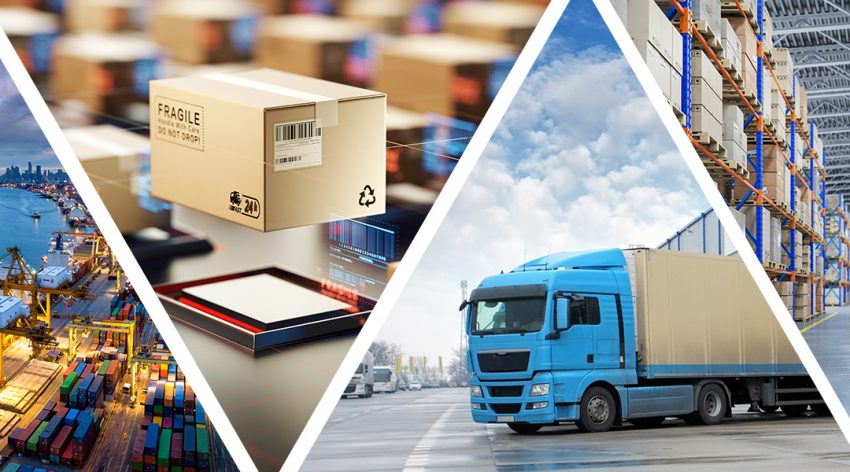Logistics is the backbone of any supply chain. It involves the management of the flow of goods, services, and information from point A to point B efficiently and cost-effectively at cek tarif paket jne terdekat.
Key Players in the Logistics Industry
Identifying the key players, such as manufacturers, shippers, carriers, and consumers, is crucial in understanding the cek tarif paket jne terdekat logistics ecosystem.
Embracing Technology
Leveraging Automation
Automation, such as AI-driven route optimization and warehouse management systems, can significantly improve efficiency and reduce costs.
IoT and Real-time Tracking
The Internet of Things (IoT) enables real-time tracking of shipments, ensuring transparency and accountability throughout the supply chain.

Sustainable Logistics
The Green Revolution
Embracing sustainable practices not only benefits the environment but also enhances your brand’s reputation and reduces costs in the long run.
Eco-Friendly Transportation
Using electric or hybrid vehicles and alternative fuels can reduce your carbon footprint.
Supply Chain Visibility
End-to-End Visibility
Having a clear view of your supply chain from start to finish allows for better decision-making and the ability to address issues promptly.
Data Analytics
Utilizing data analytics tools can provide valuable insights into your supply chain performance and help in making data-driven improvements.
Customer-Centric Approach
Meeting Customer Expectations
Tailoring your logistics solutions to meet customer demands, such as fast shipping and hassle-free returns, can set you apart from the competition.
Personalized Experiences
Providing a personalized experience through order tracking and communication can enhance customer loyalty.
Talent Management
Skilled Workforce
Investing in training and retaining skilled employees is essential for smooth logistics operations.
Employee Engagement
Engaged employees are more likely to be motivated and committed to delivering exceptional service.
Risk Management
Contingency Planning
Having a robust contingency plan in place can mitigate the impact of unexpected disruptions, such as natural disasters or supply chain interruptions.
Compliance and Regulations
Staying updated with industry regulations ensures legal compliance and minimizes risks.

